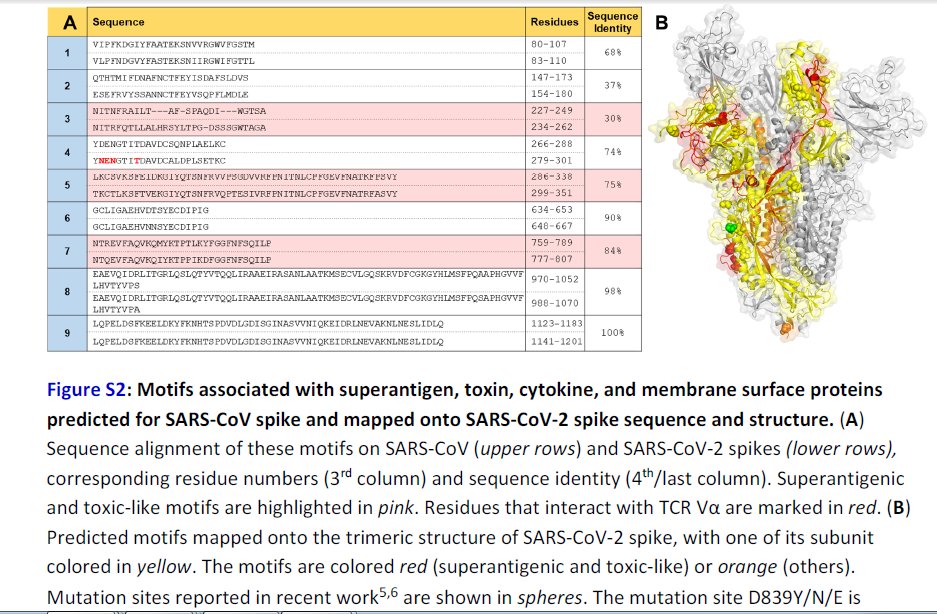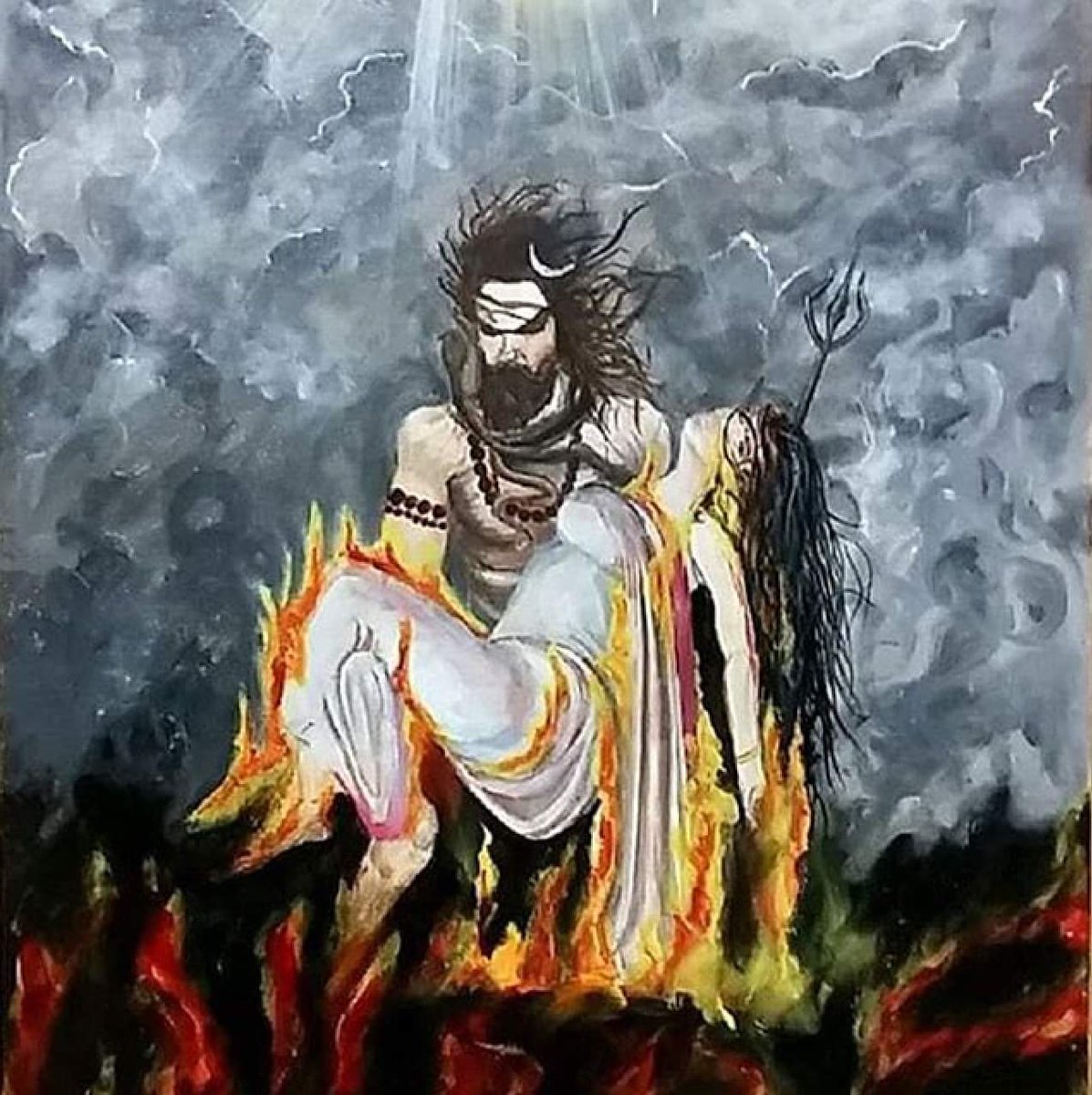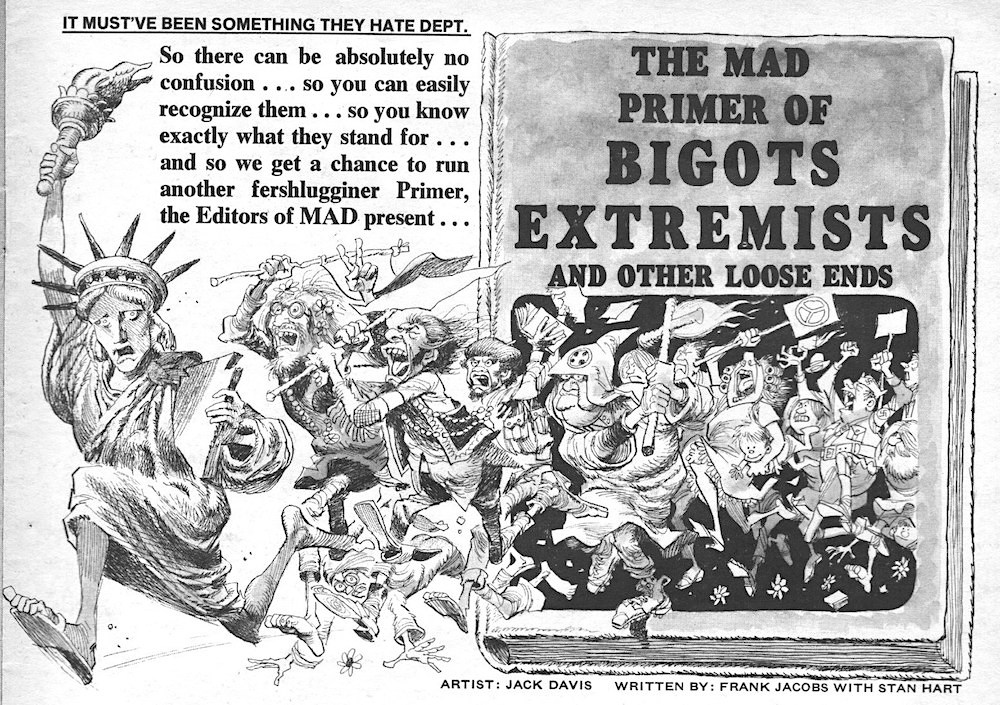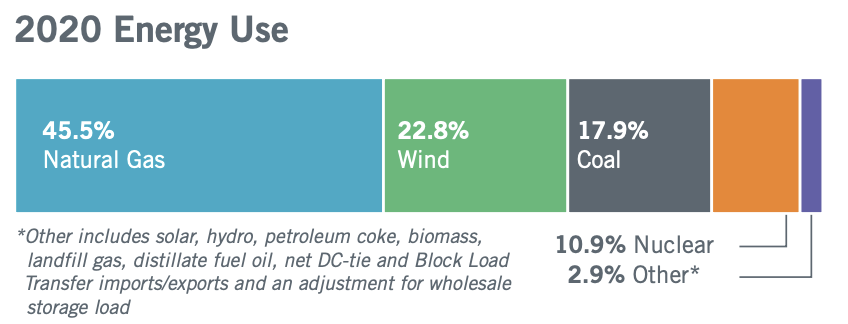
So many of the misleading narratives about the #TexasBlackout are missing a fundamental understanding of our electric power supply, and its mutual vulnerabilities with our gas systems. We're facing an _energy systems_ crisis, not just an electricity crisis.

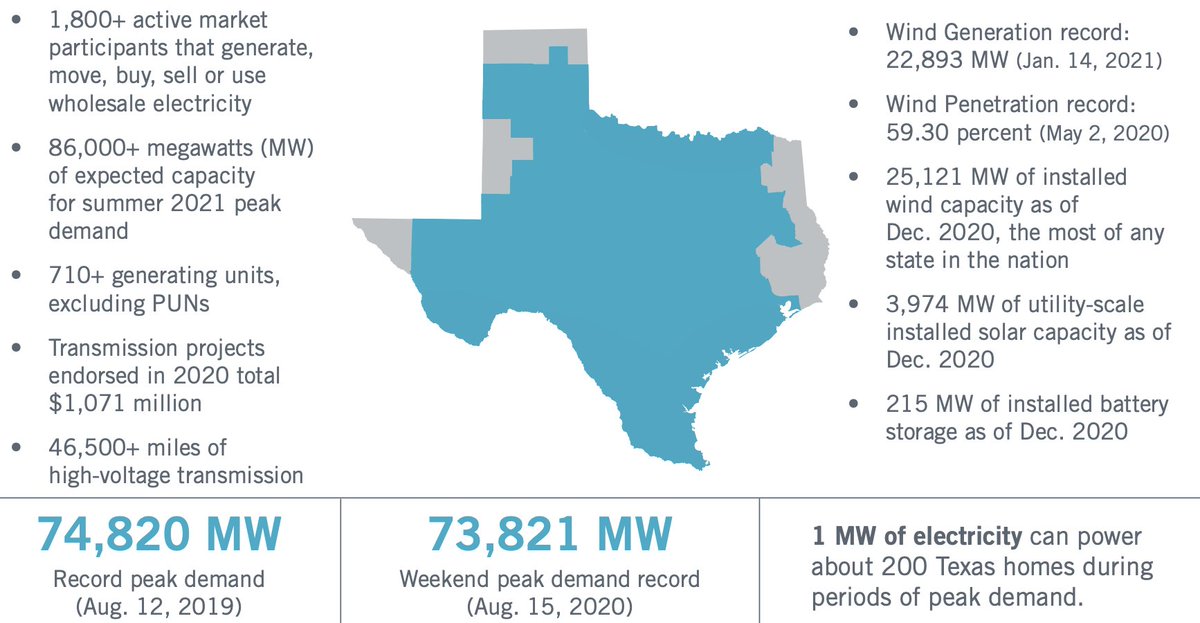
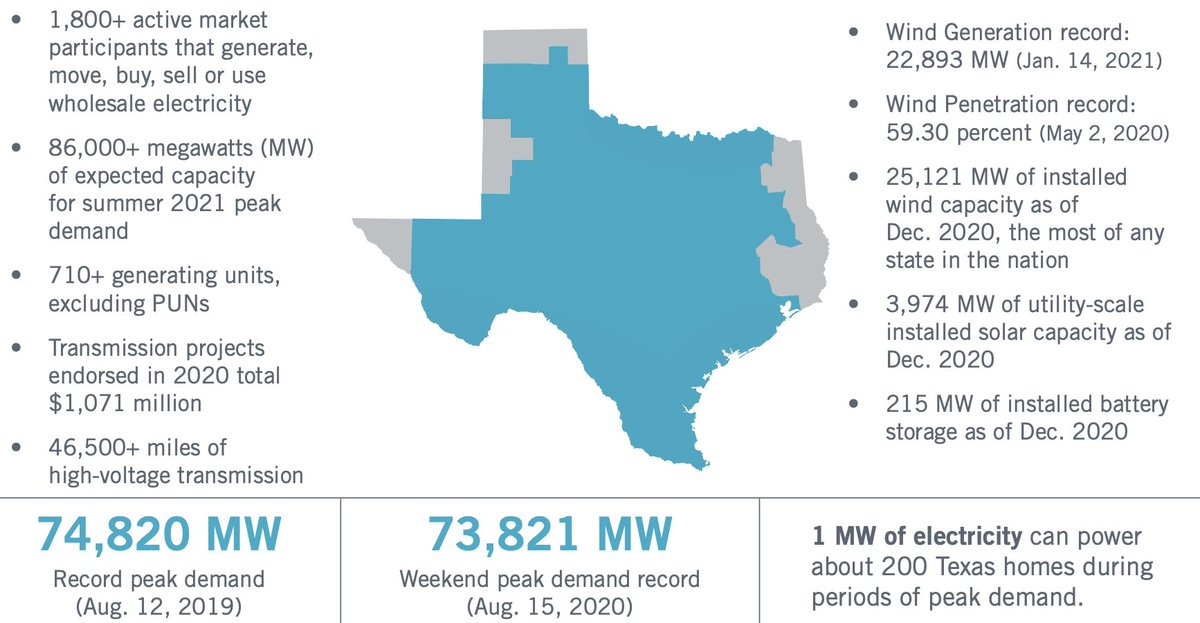
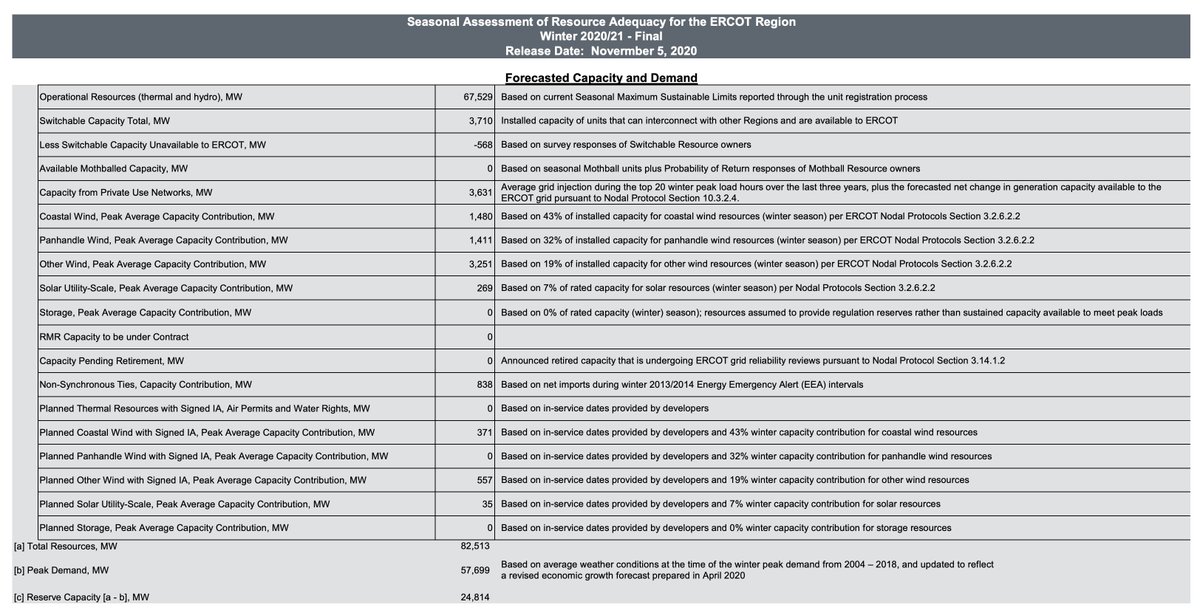
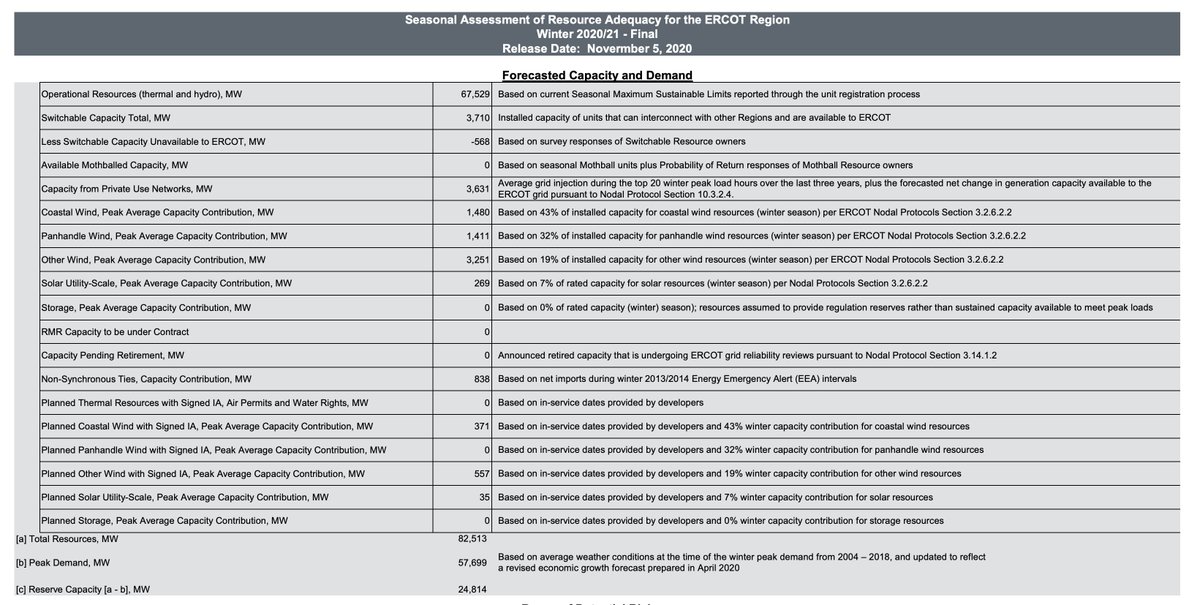
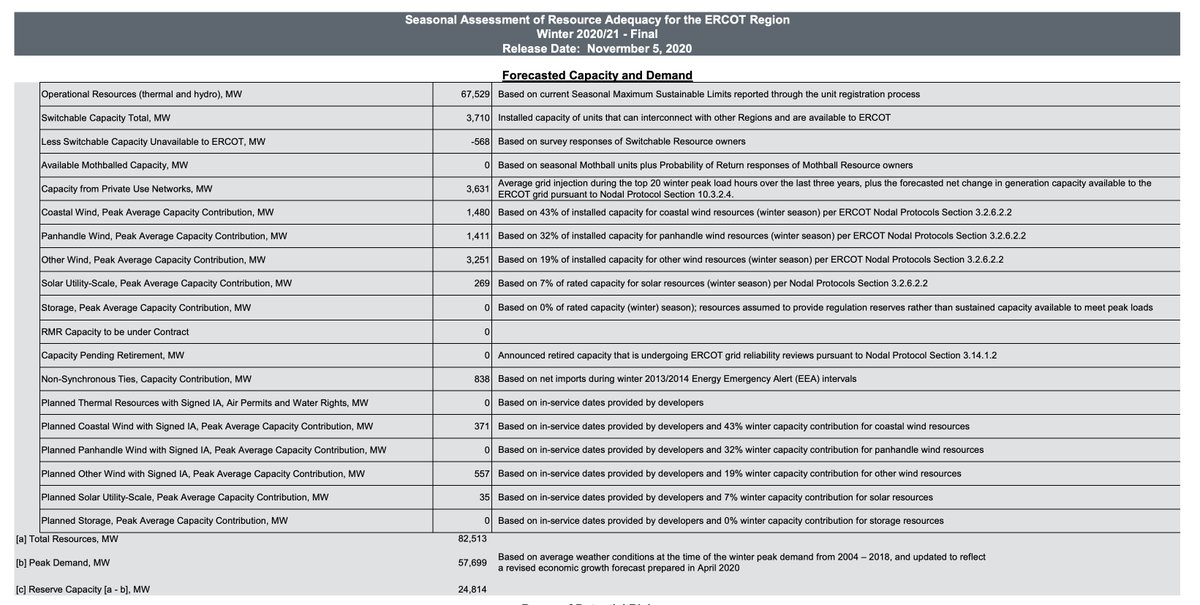
Again, all of their estimates are publicly available. https://t.co/y6ueMSsmCm

https://t.co/uAOzaSTLFQ
ERCOT realized not every winter is typical, so it planned for several what-if scenarios and associated potential risks.
— Daniel Cohan (@cohan_ds) February 17, 2021
Again, all of their estimates are publicly available. https://t.co/y6ueMSsmCm pic.twitter.com/BxexLTN1r1
ERCOT realized not every winter is typical, so it planned for several what-if scenarios and associated potential risks.
— Daniel Cohan (@cohan_ds) February 17, 2021
Again, all of their estimates are publicly available. https://t.co/y6ueMSsmCm pic.twitter.com/BxexLTN1r1
https://t.co/uAOzaSTLFQ
ERCOT realized not every winter is typical, so it planned for several what-if scenarios and associated potential risks.
— Daniel Cohan (@cohan_ds) February 17, 2021
Again, all of their estimates are publicly available. https://t.co/y6ueMSsmCm pic.twitter.com/BxexLTN1r1
In an otherwise misleading thread, the congressman makes a crucial point. Natural gas faces uniquely systemic vulnerabilities no matter how well individual power plants are maintained, by relying upon continuous supply of a fuel that\u2019s also needed for heat. https://t.co/MIa3elh6jH
— Daniel Cohan (@cohan_ds) February 17, 2021
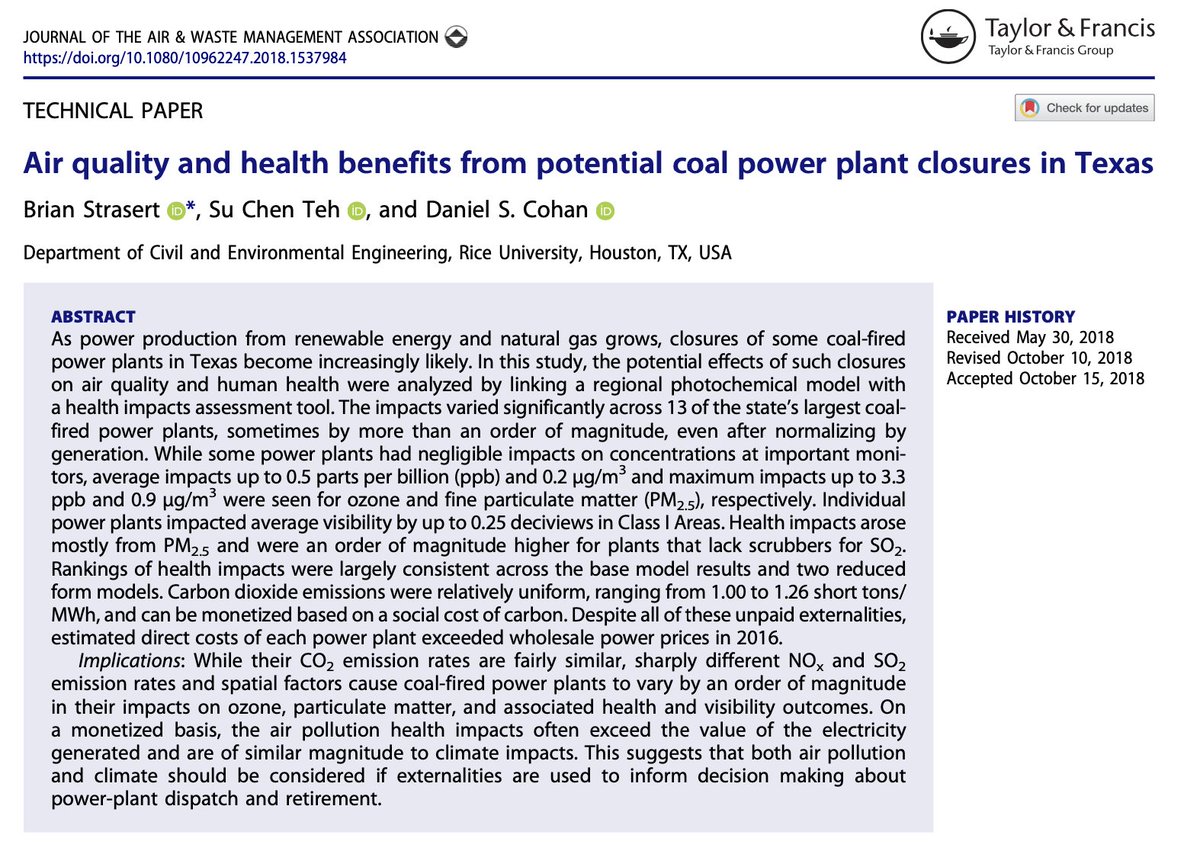
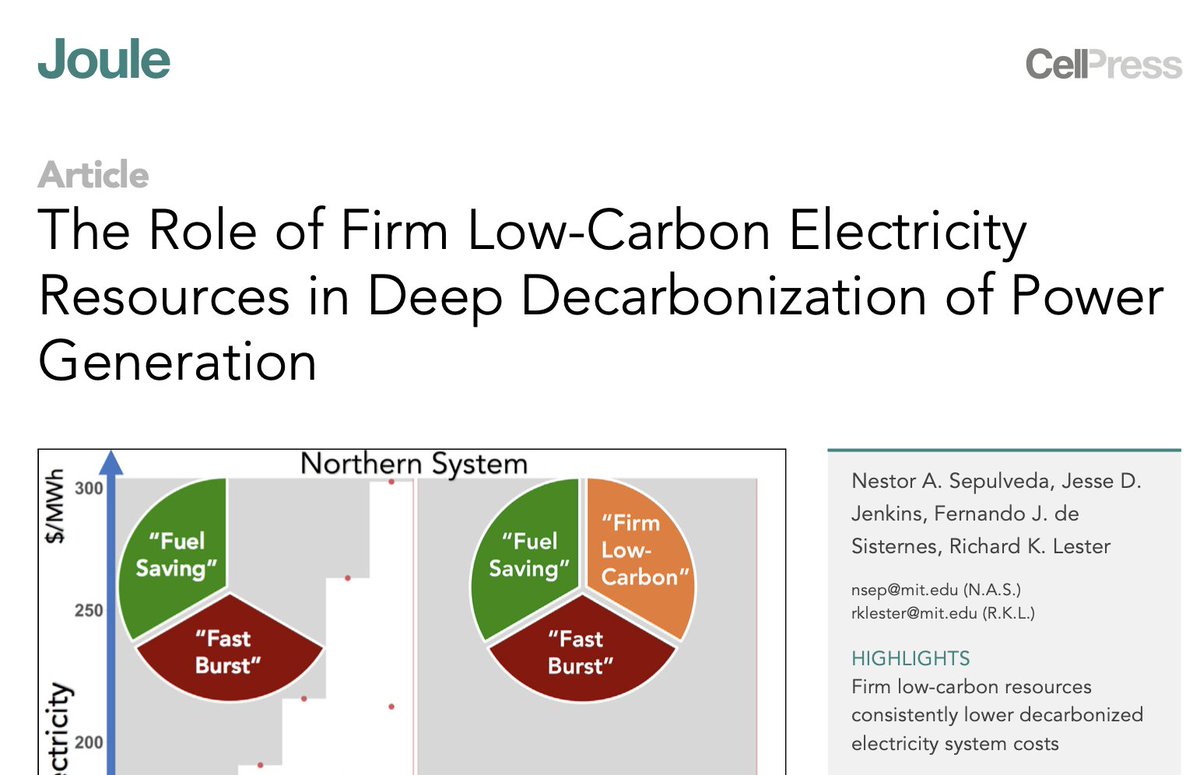
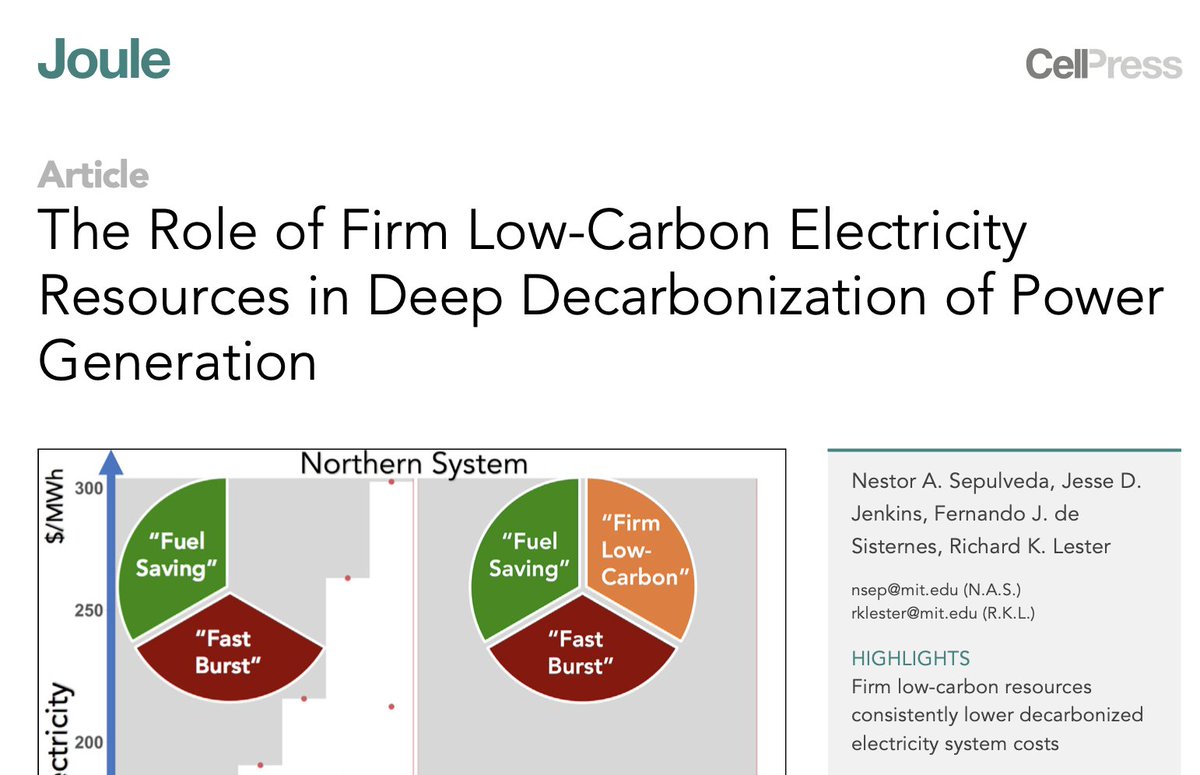
https://t.co/FepgE074i0
To understand why, we can begin by seeing how ERCOT generates power on average. Nearly half is from gas. Wind topped coal last year for the first time. We have just 4 nuclear units, little hydro, and solar soaring from a small base. pic.twitter.com/1Wba2O3Bfd
— Daniel Cohan (@cohan_ds) February 17, 2021
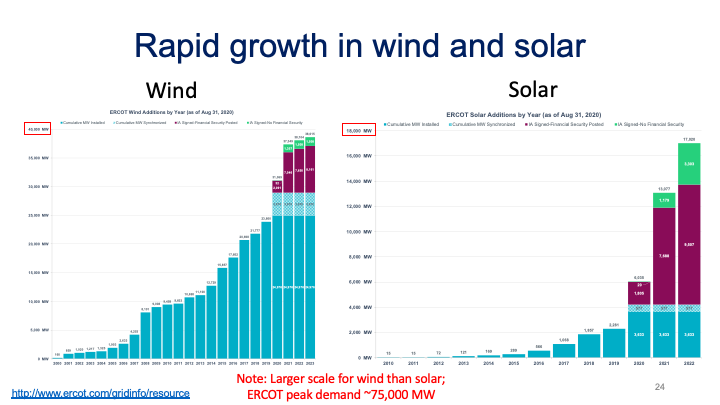
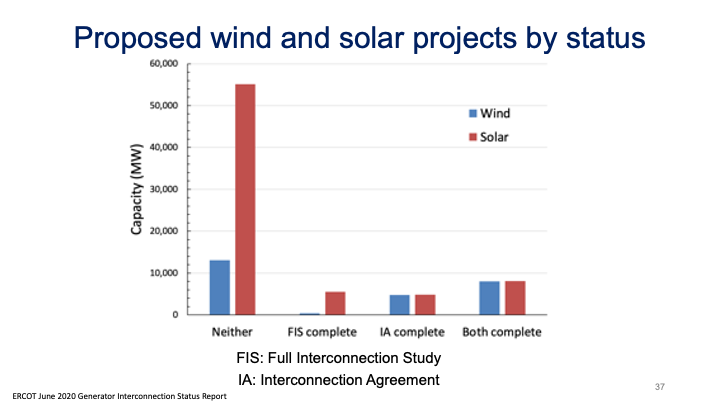
https://t.co/FepgE074i0
To understand why, we can begin by seeing how ERCOT generates power on average. Nearly half is from gas. Wind topped coal last year for the first time. We have just 4 nuclear units, little hydro, and solar soaring from a small base. pic.twitter.com/1Wba2O3Bfd
— Daniel Cohan (@cohan_ds) February 17, 2021
You May Also Like
Further Examination of the Motif near PRRA Reveals Close Structural Similarity to the SEB Superantigen as well as Sequence Similarities to Neurotoxins and a Viral SAg.
The insertion PRRA together with 7 sequentially preceding residues & succeeding R685 (conserved in β-CoVs) form a motif, Y674QTQTNSPRRAR685, homologous to those of neurotoxins from Ophiophagus (cobra) and Bungarus genera, as well as neurotoxin-like regions from three RABV strains
(20) (Fig. 2D). We further noticed that the same segment bears close similarity to the HIV-1 glycoprotein gp120 SAg motif F164 to V174.
https://t.co/EwwJOSa8RK
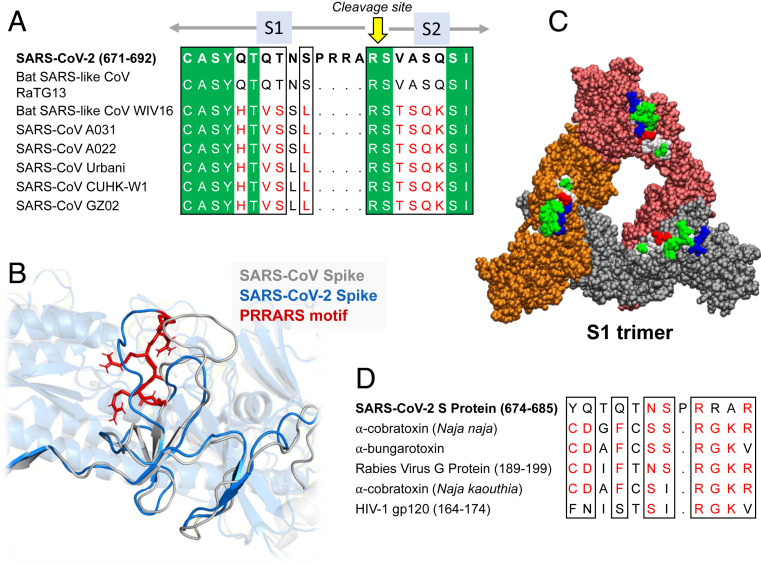
In (B), the segment S680PPRAR685 including the PRRA insert and highly conserved cleavage site *R685* is shown in van der Waals representation (black labels) and nearby CDR residues of the TCRVβ domain are labeled in blue/white
https://t.co/BsY8BAIzDa
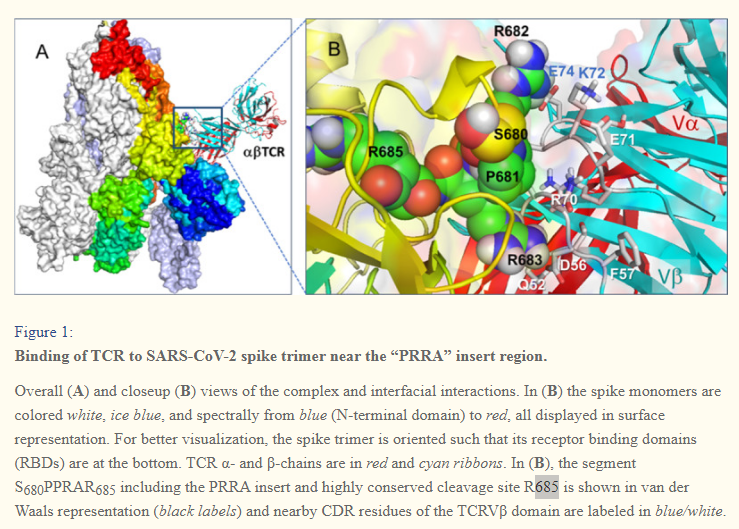
Sequence Identity %
https://t.co/BsY8BAIzDa
Y674 - QTQTNSPRRA - R685
Similar to neurotoxins from Ophiophagus (cobra) & Bungarus genera & neurotoxin-like regions from three RABV strains
T678 - NSPRRA- R685
Superantigenic core, consistently aligned against bacterial or viral SAgs
